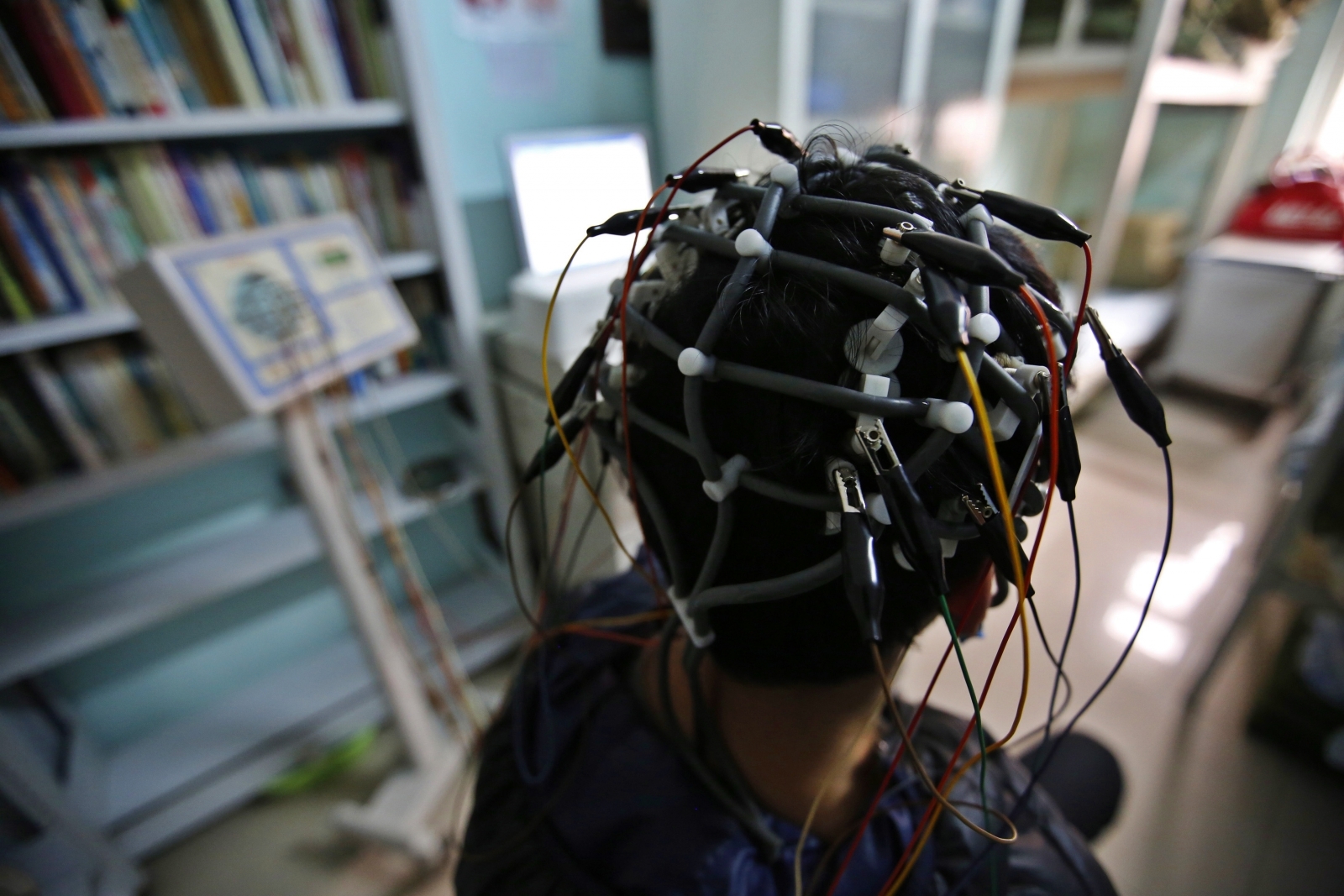
AI-Powered Algorithms Detect Early Signs of Alzheimer’s DiseaseAI-Powered Algorithms Detect Early Signs of Alzheimer’s Disease Alzheimer’s disease, a progressive neurological disorder, is characterized by memory loss and cognitive decline. Early detection is crucial for timely intervention and potential treatment. Traditional diagnostic methods often rely on subjective assessments, which can be imprecise and time-consuming. Artificial intelligence (AI) offers promising solutions for improving Alzheimer’s detection. Researchers have developed AI-powered algorithms that can analyze multiple types of data to identify early signs of the disease with remarkable accuracy. Harnessing Neuroimaging Data Structural and functional magnetic resonance imaging (MRI) scans provide valuable insights into brain structure and activity. AI algorithms can analyze these scans to detect subtle changes in brain regions associated with Alzheimer’s, such as the hippocampus and frontal cortex. By comparing patient scans to a database of healthy individuals, algorithms can identify patterns indicative of early cognitive decline. Analyzing Cognitive Performance AI algorithms can also assess cognitive function through standardized tests that measure memory, attention, and language. By comparing a patient’s performance over time, algorithms can detect subtle changes that may indicate the onset of Alzheimer’s. This approach complements neuroimaging data and provides a comprehensive view of cognitive function. Leveraging Genetic Information Genetic factors play a significant role in Alzheimer’s risk. AI algorithms can analyze genetic data from patients and their families to identify specific genetic variants associated with the disease. By combining genetic information with other data sources, algorithms can further refine their predictions of early Alzheimer’s. Benefits of AI-Powered Detection * Early Detection: AI algorithms can identify early signs of Alzheimer’s years before symptoms appear, allowing for timely intervention. * Objective Assessments: Algorithms provide objective, quantifiable results, reducing subjectivity and biases in diagnosis. * Improved Accuracy: AI algorithms have shown exceptional accuracy in detecting Alzheimer’s, outperforming traditional methods in many cases. * Personalized Treatment: Early detection enables personalized treatment plans, tailored to the individual patient’s needs. Challenges and Future Directions While AI-powered Alzheimer’s detection holds immense promise, there are still challenges to overcome. Data quality, algorithm optimization, and ethical considerations are areas of ongoing research. Future advancements include: * Developing algorithms that can detect Alzheimer’s at even earlier stages. * Combining AI with other technologies, such as wearable sensors and blood tests, to enhance diagnostic accuracy. * Exploring the use of AI for monitoring disease progression and evaluating treatment efficacy. Conclusion AI-powered algorithms are revolutionizing Alzheimer’s disease detection. By analyzing multiple data sources and leveraging machine learning, algorithms can identify early signs of the disease with unprecedented accuracy. This early detection paves the way for timely interventions, improved patient outcomes, and a deeper understanding of Alzheimer’s progression. As research continues, AI-powered algorithms will play an increasingly vital role in combating this devastating disease.
Posted inNews